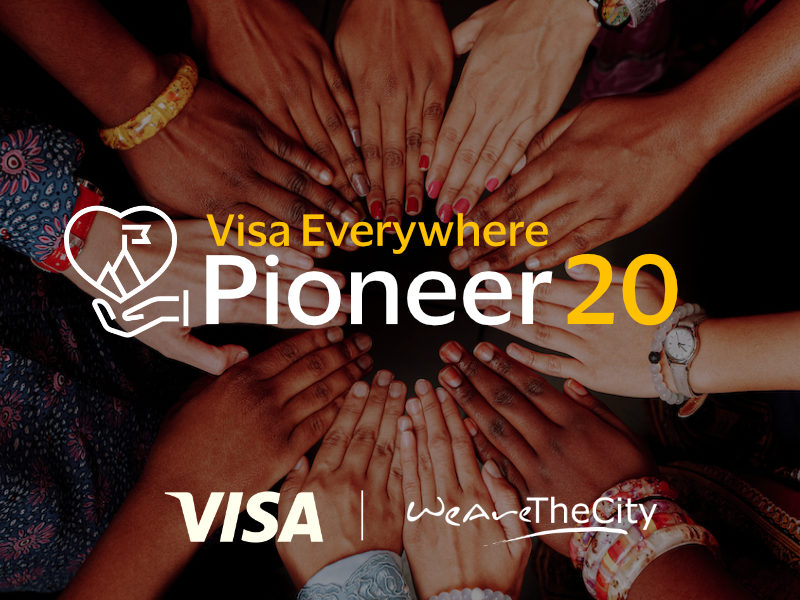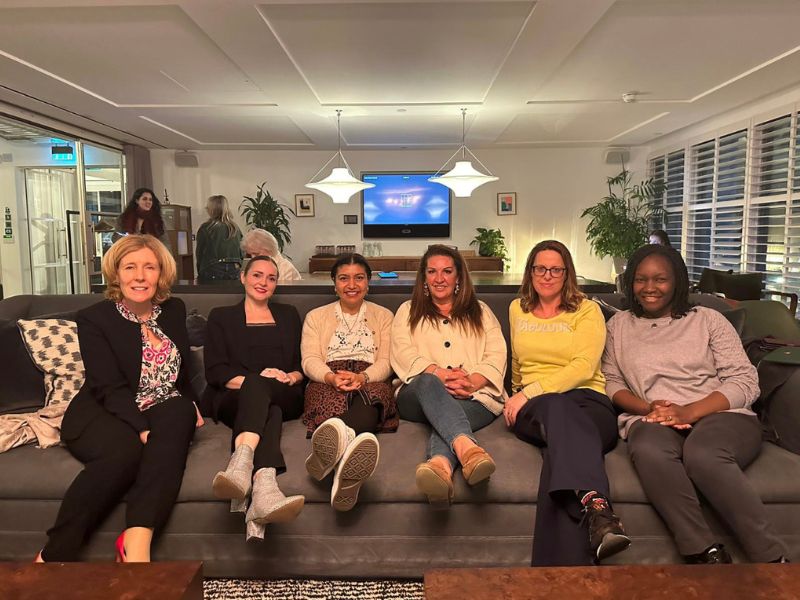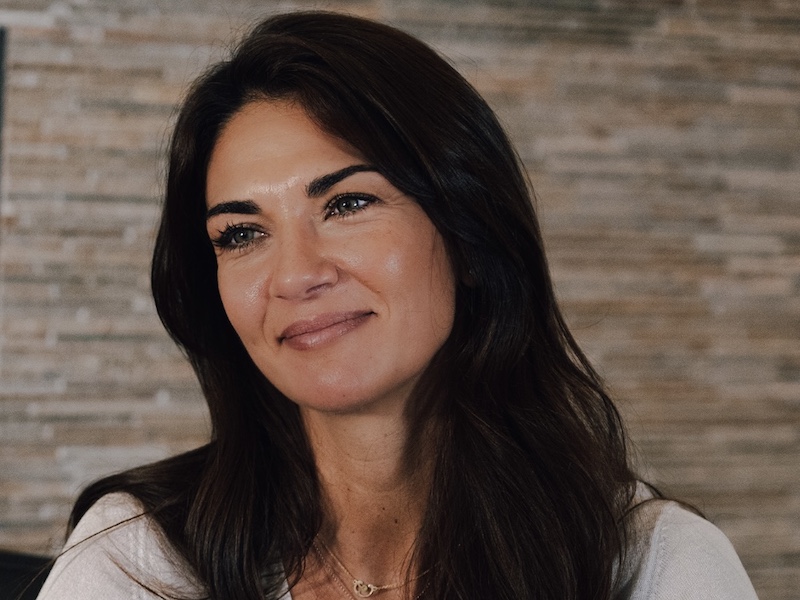John Stapleton is the ‘Authentic Entrepreneur’ with 30 years’ experience in pioneering new FMCG categories and establishing and growing successful consumer-led businesses in both the UK and the USA.
John now actively manages an investor/Non-Executive Director portfolio contributing value-added business growth advice, guidance and mentoring to business owners.
John has first-hand experience in start-up, early stage growth and scale-up stage businesses, having co-founded three FMCG businesses, building and growing each to exit. John helps design creative, practical, experience-based solutions to problems, challenges and opportunities that brand owners encounter in starting, growing and scaling their companies, across all areas of business.
In 1987 John co-founded the New Covent Garden Soup Co Ltd., which pioneered and grew the fresh soup category in the UK. On reaching over £20m revenue, Daniels PLC bought New Covent Garden Soup Co in 1998. In that same year, John co-founded Glencoe Foods Inc., to bring the fresh soup concept to the US. On returning to Europe, John established a consumer branded food consultancy and worked with a number of corporate and early-stage growth businesses across the FMCG sector in the UK, US and continental Europe.
In 2005, John co-founded Little Dish, which supplies healthy, natural and convenient meals and snacks to children over one year. Little Dish created the chilled toddler food category, developing full UK retailer distribution and became the go-to brand in fresh toddler food. Having grown to approaching £15m annual revenues, John exited Little Dish in 2017.
Leveraging his extensive experience, John provides business growth advice and mentorship to growing businesses; is a business thought leader and speaks on a wide range of entrepreneurial management & motivational leadership topics. Get in touch if you’re interested in having him speak at your event.
Why do you support the HeForShe campaign?
I grew up in a family where both my parents worked, but my mother took a leading role in financial and family commitments. I grew up believing it was normal for a woman to take the lead and play a central role. When I realised this was not necessarily always replicated throughout society, I felt a need to help rectify this.
My admiration for the HeForShe campaign resolution to operate equally and share responsibilities, with no consideration of gender strengthened my resolve to encourage and support this mentality within the work place.
I believe the understanding of gender equality is at a turning point and many people generally recognise that gender equality is not just a cause which women need to fight for. I also recognise that there is still a long way to go.
Gender equality is not solely a female issue, it is a human rights issue. The HeForShe movement is an inspiring initiative of solidarity which provides a platform for men to engage on gender equality issues and become catalysts for change for both their own gender and for women’s.
Why do you think it’s important for men to support gender equality in the workplace?
For gender equality to reach its truest form, the support for change must also be shared equally.
Women alone cannot solve the gender equality issues that are present, even prevalent, in the workplace. I believe we need an inclusive solution that understands men’s perspectives – while at the same time challenging those perspectives when they hinder gender equality. It must be possible to break down stereotypes while creating an alliance between both genders who are inspired to work together for both diversification and collaborative leadership in the workplace.
How welcome are men in the gender equality conversation currently?
Women’s rights seem to be synonymous with feminism, even though gender equality benefits men as well. It is a lazy approach when men label feminism as anti-men but women could prevent (some) men from marginalising gender equality initiatives by presenting it as a movement which benefits both genders.
Having a male’s voice in an issue that is commonly misconceived as primarily female, is a positive step forward in breaking down traditional gender role pigeonholes.
Do you think groups/networks that include the words “women in…” or “females in…” make men feel like gender equality isn’t really their problem or something they need to help with?
It is impossible to get an answer to a question if you don’t ask it. And you can’t fix a problem you don’t see (or chose not to see).
Gender equality is an important focus in many, but not all workplaces. It is often not at the forefront of business change at the most senior levels. I believe this is gradually changing but we need to maintain the momentum that comes from movements like #HeForShe.
‘Women in…’ or ‘Female’s in…’ networks ensure that the importance of gender equality message is heard by men and by women. These groups help to promote and educate leaders (many of which are men) on the need gender throughout all levels and facets of a business.
What can businesses do to encourage more men to feel welcome enough to get involved in the gender debate?
Thought processes and attitudes need to cascade from the top. Strong leadership and clear communication surrounding the importance of gender equality must be a prime focus of management. It is their responsibility to ensure that the message and representation of gender equality is reflected as a company whole.
Male leaders can provide an inspirational environment for women when they visibly support women’s rights through gender equality measures. Male leaders in business need to encourage women to speak out on the relevance of diversity and gender equality, while feeling this message will be well received.
Values and behavioural based rationale teamed with two-way engagement will promote a cultural shift. Similarly, the more that gender equality measures are successfully introduced at the workplace, the more their benefits will be recognised (by men) and the more broadly they will be supported.
Do you currently mentor any women or have you in the past?
I have made sure I have shared my professional experience and advice with both males and females, throughout my life. I have worked with and mentored some extremely talented women and I am proud that they feel comfortable talking with me about issues and seeking guidance, regardless of our gender differences.
Have you noticed any difference in mentoring women – for example, are women less likely to put themselves forward for jobs that are out of their comfort zones or are women less likely to identify senior roles that they would be suited for?
Throughout my mentoring experiences, I have mostly found that women have no problem being strong leaders, entrepreneurs or business advocates. Some can take a more cautious approach to putting themselves forward for senior positions, though I believe this is changing. Men that speak out about women’s rights contribute to women being more assertive regarding their abilities. It can also promote workplace culture which is built on trust, reliance, open communication and encouragement.
The best businesses are built from the inside out. Gender equality not only stimulates, challenges and enables the workforce to achieve its true potential, it inevitably also has a positive impact on business performance and ultimately the results.









